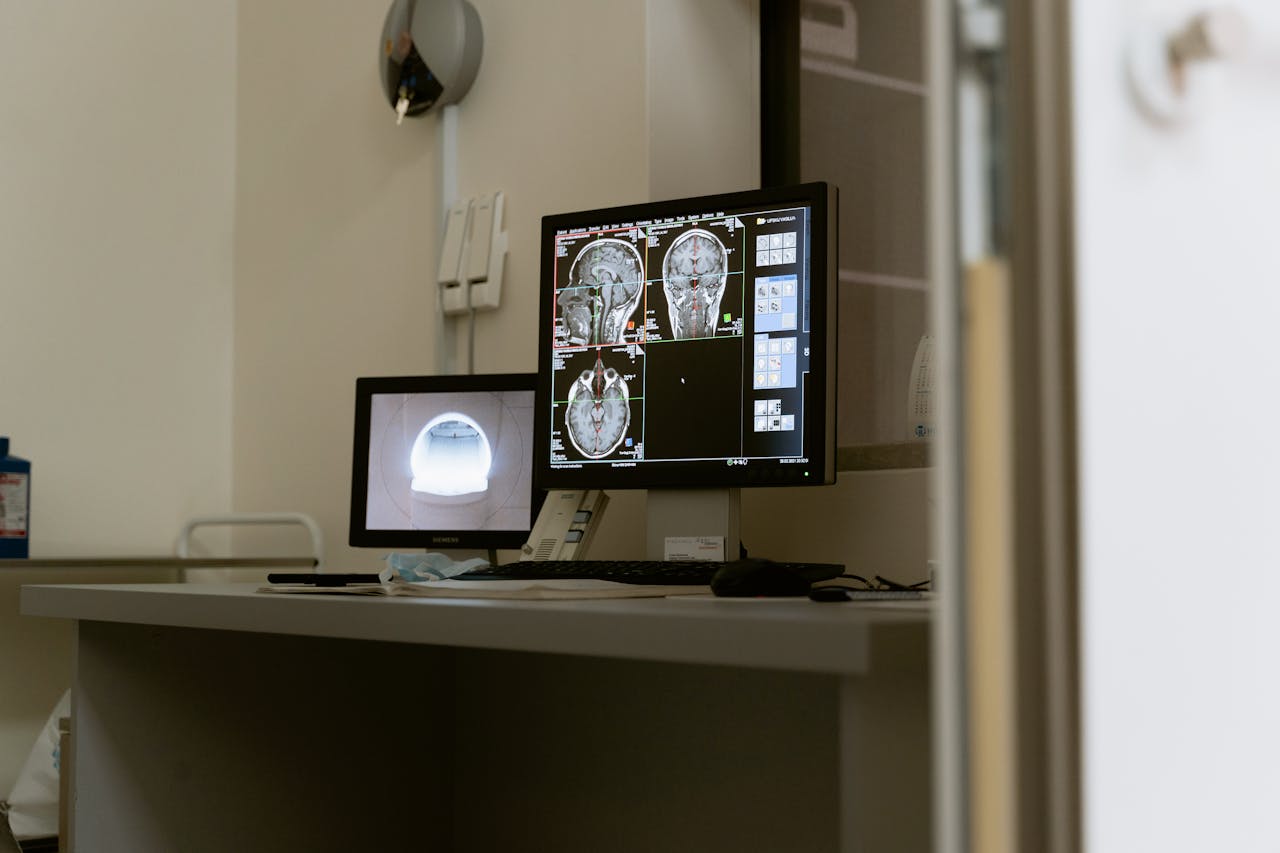Chronic Kidney Disease (CKD) is a prevalent condition affecting millions worldwide, characterized by the gradual loss of kidney function over time. Despite advancements in current treatment modalities, such as medications and dialysis, the search for innovative therapies continues. In this article, we delve into the realm of potential future treatments for CKD, exploring promising avenues in regenerative medicine, precision therapies, and novel drug developments.
Regenerative Medicine: Harnessing the Power of Stem Cells
Regenerative medicine holds immense promise in the treatment of CKD by utilizing the remarkable regenerative capabilities of stem cells. Mesenchymal stem cells (MSCs), derived from various sources such as bone marrow and adipose tissue, have shown significant potential in preclinical and clinical studies for kidney regeneration. These multipotent cells possess anti-inflammatory and immunomodulatory properties, which can attenuate kidney injury and promote tissue repair. Several clinical trials have demonstrated the safety and efficacy of MSC-based therapies in CKD. For instance, a study published in Stem Cell Research & Therapy reported that intravenous infusion of allogeneic MSCs improved renal function and reduced proteinuria in patients with diabetic nephropathy. Furthermore, advancements in tissue engineering techniques, such as 3D bioprinting, offer exciting prospects for creating bioengineered kidney tissues for transplantation, potentially overcoming the limitations of organ shortage.Precision Therapies: Personalized Approaches to CKD Management
The concept of precision medicine, tailoring treatments based on individual genetic makeup and disease characteristics, is revolutionizing healthcare, including CKD management. Genetic screening and molecular profiling enable clinicians to identify specific genetic mutations and pathways implicated in CKD progression, paving the way for targeted interventions. One area of focus is the renin-angiotensin-aldosterone system (RAAS), a key regulator of blood pressure and fluid balance. Dysregulation of the RAAS pathway contributes to kidney damage in CKD. Emerging precision therapies, such as RNA interference (RNAi) and gene editing technologies like CRISPR-Cas9, hold promise in modulating RAAS components to mitigate kidney injury. Clinical trials investigating the efficacy of RNAi-based drugs targeting genes involved in CKD pathogenesis are underway, offering hope for more precise and effective treatments.Novel Drug Developments: Unraveling Therapeutic Targets
The pursuit of novel drug targets drives innovation in CKD therapeutics, aiming to address underlying pathophysiological mechanisms and halt disease progression. Emerging research elucidates various molecular pathways implicated in CKD, providing opportunities for targeted drug development. One promising avenue is the inhibition of pro-fibrotic pathways involved in renal fibrosis, a hallmark of progressive kidney damage. Transforming growth factor-beta (TGF-β) signaling plays a central role in promoting fibrogenesis and tissue scarring in CKD. Small molecule inhibitors and monoclonal antibodies targeting TGF-β ligands or receptors show potential in preclinical studies for attenuating renal fibrosis and preserving kidney function. Furthermore, the gut-kidney axis has garnered attention as a potential therapeutic target in CKD. Dysbiosis of the gut microbiota contributes to systemic inflammation and uremic toxin accumulation, exacerbating kidney damage.Modulation of the gut microbiome through probiotics, prebiotics, or fecal microbiota transplantation presents a novel approach to CKD management, with emerging evidence supporting its efficacy in reducing uremic toxins and inflammation. In conclusion, the landscape of CKD treatment is poised for transformation with the advent of regenerative medicine, precision therapies, and novel drug developments. While challenges remain in translating these advancements from bench to bedside, ongoing research efforts offer hope for improved outcomes and quality of life for patients with CKD. Collaborative endeavors between researchers, clinicians, and pharmaceutical companies are essential to realizing the full potential of these innovative approaches in combating this debilitating disease.
Are you tired of living under the shadow of kidney disease? Are you yearning for a life free from the shackles of dialysis, kidney failure, and the looming threat of kidney transplants? If so, you're in the right place at the right time. Imagine waking up every morning with boundless energy, feeling rejuvenated and ready to take on the day. Envision a life where your kidneys are functioning optimally, and you no longer dread the burdensome routines of dialysis sessions. The Kidney Disease Solution Program is here to turn that vision into reality for you.


